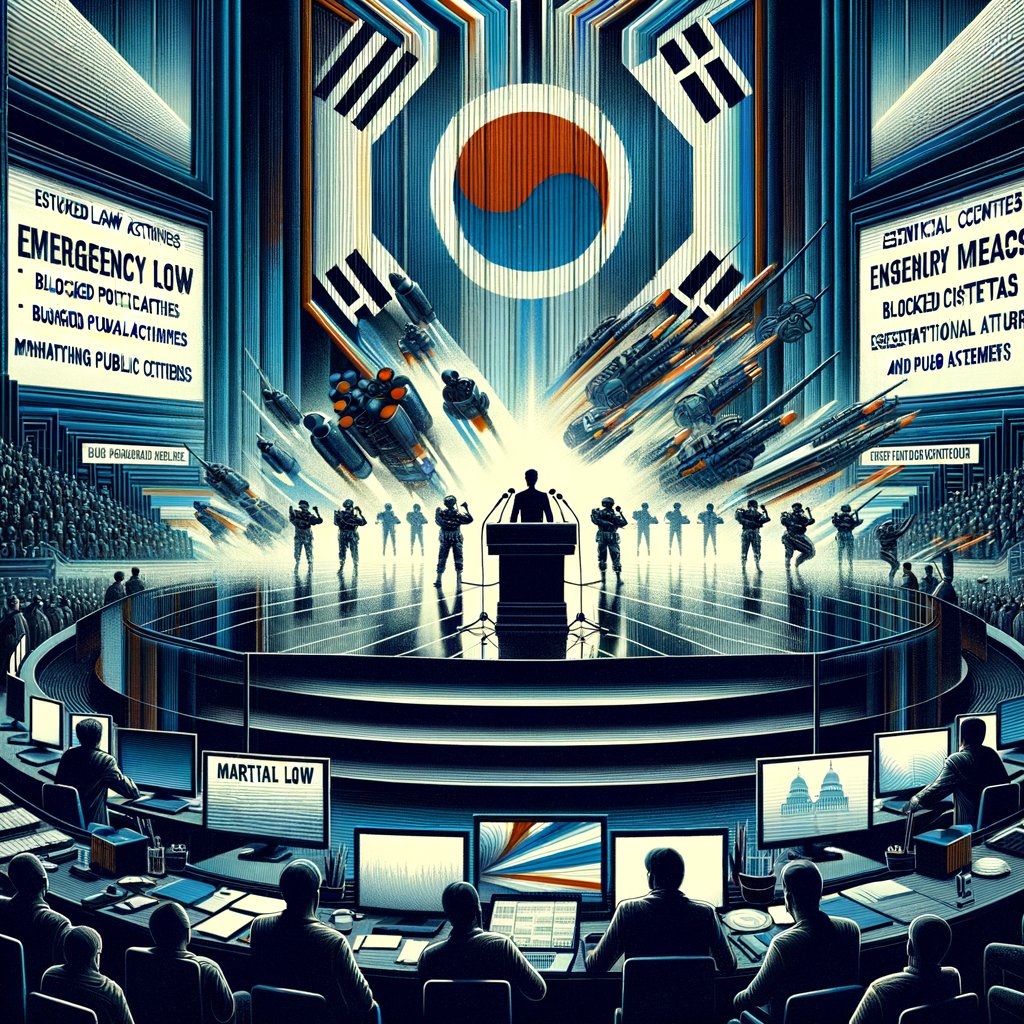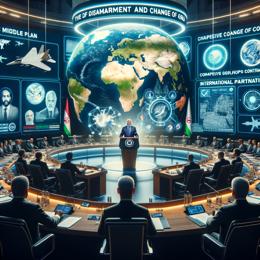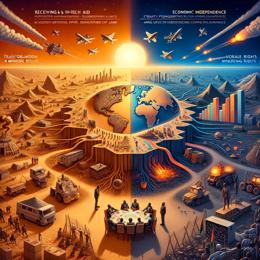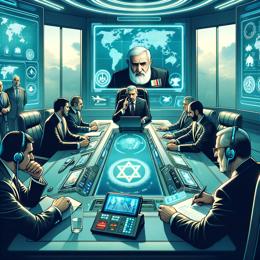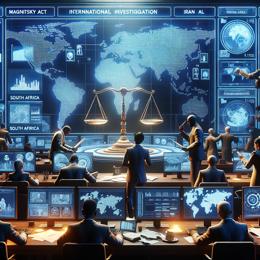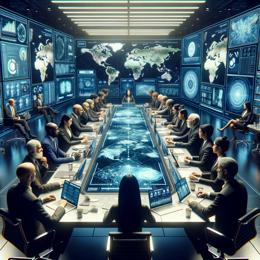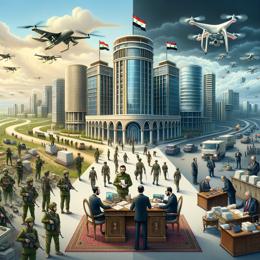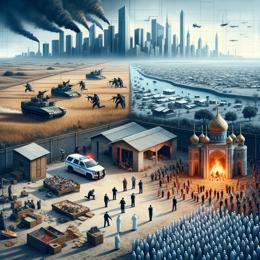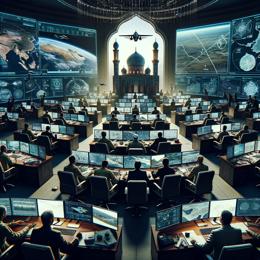Image created by AI
Turmoil in South Korea: President Yoon Suk-yeol Declares Emergency Martial Law Amid National Crisis
In a dramatic late-night televised address, South Korean President Yoon Suk-yeol declared emergency martial law across the country, marking a significant escalation in response to what he described as severe internal and external threats to the nation's stability and democracy.
President Yoon’s decision comes amid increasing domestic turmoil characterized by political paralysis, public safety concerns, and continuous threats from North Korea. According to Yoon, this drastic measure was essential to “safeguard a liberal South Korea" from these multiplying threats and to restore order within the nation which, as per his statement, is turning into a "haven for drugs" due to the collapse of public safety mechanisms.
The martial law directive includes sweeping prohibitions on political activities. General Park An-soo, the appointed martial law commander, elucidated these restrictions during a subsequent announcement. The prohibitions extend to the functioning of the National Assembly, local councils, and includes a ban on the activities of political parties and associations, as well as any public assemblies or demonstrations. This move effectively stifles any form of political dissent or public expression, raising significant concerns about the state of democracy in South Korea.
Analysts suggest that this declaration is a response not only to the alleged threats from North Korean forces but also to internal political strife, including significant cutbacks in essential national budgets. President Yoon highlighted in his address that these financial cuts have severely hampered the nation’s ability to function effectively, specifically impacting areas critical for maintaining law and order and drug crime prevention.
The international response has been one of apprehension, with concerns about the harshness of the measures and their implications for human rights and democratic governance in South Korea. Neighboring countries and global powers are closely watching as these developments could have far-reaching implications for regional stability and international relations.
This declaration of martial law marks one of the most severe political measures taken in South Korea since the democratization movements in the 1980s. As the situation unfolds, the eyes of the world remain fixed on Korea’s southern half, waiting to see how this bold move by President Yoon will reshape the troubled landscape of South Korean politics and security.
